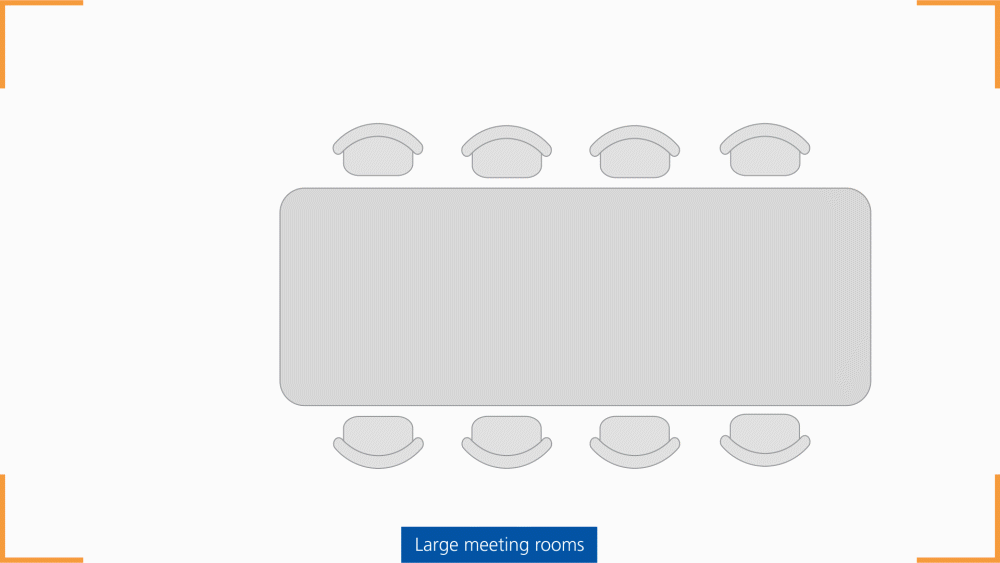
The modern workplace has seen a rapid transformation in recent years. With the rise of technology and the need for greater flexibility, many companies have adopted a hybrid working model where employees work from home or choose their working location based on their activities. As a result, the office is no longer the primary location for work, but rather a social hub where employees meet and collaborate. This shift has led to new demands regarding office spaces, with personal office spaces decreasing, and collaborative spaces increasing.
In the modern workplace, meetings play a crucial role in daily business operations. Meetings bring people together to collaborate, make decisions, and plan. However, the cost of holding meetings can quickly add up. According to recent studies, the average team meeting can cost a company €7000 per year per team. This cost can be significant, especially for small and medium-sized businesses.
To reduce costs without sacrificing productivity or efficiency, one of the most straightforward ways to save cost in meeting rooms is to optimize their usage. Here are some strategies for optimizing meeting room usage and efficiency:
Double bookings and ghost meetings are common problems in many offices. Double bookings occur when two or more people book the same meeting room at the same time, leading to confusion and delays. Ghost meetings, on the other hand, occur when someone books a meeting room but fails to show up, leaving the room unused. To avoid these problems, companies can implement a booking system which sets a timeframe for confirmation of the start of a meeting to avoid waste of space. If there is confirmation the system clears the reservation automatically.


Not all meetings require the same type of space or facilities. A small meeting with just a few people may only require a simple conference room, while a large meeting with presentations and video conferencing may need a larger room with specialized equipment. To optimize meeting room usage, companies should match the meeting room size and facilities with the type of meeting being held. This can help ensure that the meeting is productive and that the room is not underutilized or overbooked.
Transparency is critical for optimizing meeting room usage. Companies should make it easy for employees to see which rooms are available and when. This can be done by using a digital booking system that shows real-time availability, or even better, combining this with a physical booking system outside each meeting room. By making meeting room usage transparent, companies can support the need for short ad hoc meetings and ensure that rooms are being used efficiently.

To enhance the utilization of meeting rooms, implementing an efficient and easy booking system can be a game-changer. Whether it is a digital platform that displays real-time availability or a physical system placed outside each room, a user-friendly booking system can simplify the process of finding and reserving an available space. This approach can save employees time that would have been otherwise spent searching for a suitable meeting room. In addition to saving time, implementing an efficient booking system can also reduce frustration among employees. With fewer instances of confusion and frustration, employees can focus on the task at hand and achieve better outcomes during meetings.
In conclusion, optimizing meeting room usage is a simple but effective way to reduce costs in the modern workplace. By avoiding double bookings and ghost meetings, matching meeting room size and facilities with the type of meeting, making meeting room usage transparent, and using an easy booking system to find and book available spaces, companies can save money while they optimize productivity and efficiency.